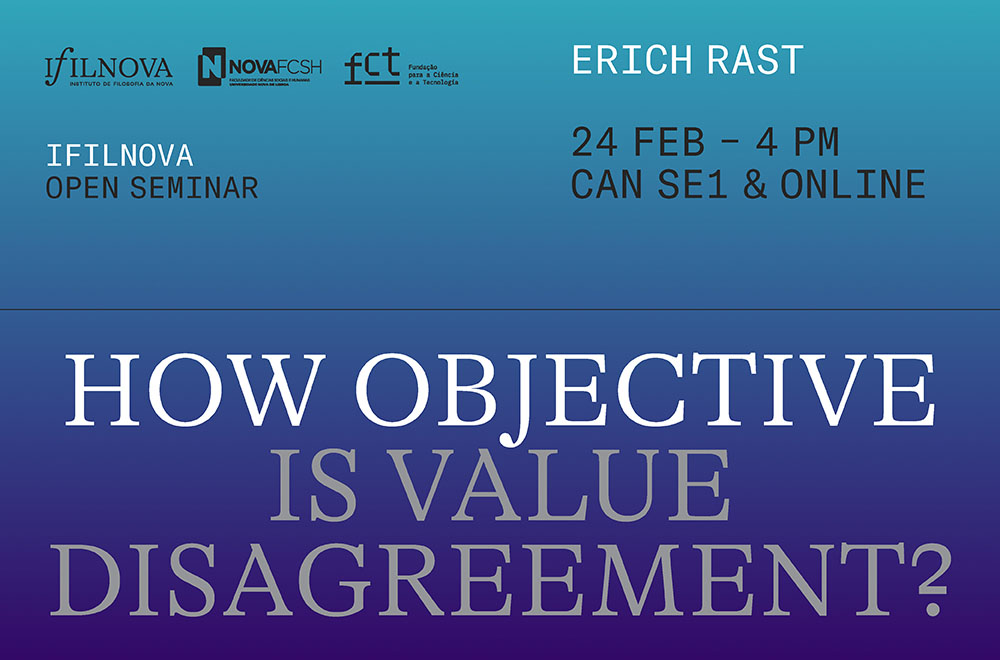How objective is value disagreement?

The fact/value problem has been puzzling ethicists for a long time and has led to various defenses of the Autonomy Thesis. One way to tackle the problem from a cognitivist point of view is to take a closer look at the conditions under which evaluative statements are true or false. Along the lines of Scanlon’s and Parfit’s “domain pluralism”, I am exploring “better-making properties” in the area of value theory in a recent manuscript. These are objective properties of comparison objects that ground “better than” comparisons. They serve to defend a light form of value realism that remains compatible with error theory.
In this problem discussion, I briefly lay out these better-making properties and how they relate to value representations. I also introduce a distinction between sufficient conditions for the truth of value statements and conditions of their justification. As it turns out, better-making properties only constitute part of the justification of value statements, and so the viability of a full-fledged value realism and corresponding “moral facts” remains open for discussion. Merely stipulating domain pluralism does not seem to be the right solution. Another issue worth discussing and investigating in more detail is the distinction between justifying value comparisons versus their truth-conditions, and how these relate to each other.
Everybody is welcome to join!
For online participation, please use the following link (password: 006421).
This event is organized by P. Abreu and E. Rast. The purpose of this seminar series is to give researchers a platform to discuss ongoing work and problems in the philosophy of language, epistemology, argumentation, metaethics, and related areas. For administrative inquiries, please contact Pedro Abreu <pedroabreu@fcsh.unl.pt> or Erich Rast <erich@snafu.de>.

